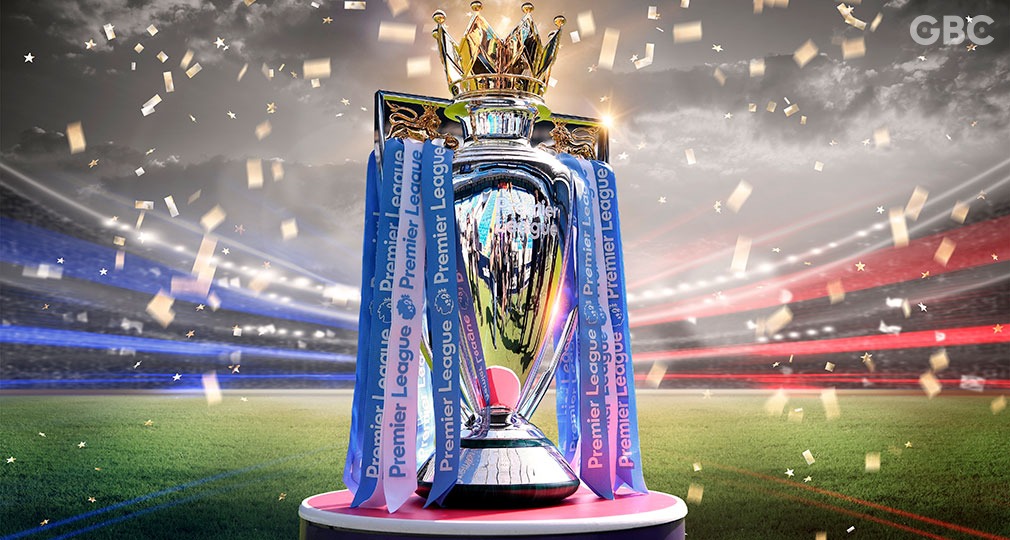Premier League clubs have taken a groundbreaking stance by announcing the prohibition of match-day front-of-shirt sponsorship deals with gambling companies, set to come into effect from the beginning of the 2026/27 season. While this decision has elicited mixed reactions, it signifies a significant milestone in the ongoing campaign to address the detrimental connection between football and betting. Although the ban represents progress, further efforts are required to safeguard the welfare of young fans and uphold the integrity of the sport in its entirety.
The Big Step Campaign Applauds the Decision
James Grimes, the founder of The Big Step campaign, wholeheartedly applauded the Premier League clubs’ voluntary acceptance of the need for change, describing it as a pivotal moment in the ongoing battle against the harmful effects of gambling sponsorship. While he acknowledges that the outcome is not perfect, he firmly believes that it represents a significant step forward. Grimes emphasizes the widespread exposure of gambling ads on Premier League shirts, reaching billions of people globally, and the profound negative impact it has on individuals and communities. By taking this stand, the Premier League clubs are demonstrating their recognition of the urgency to address this issue.
The Limitations of the Ban
While the ban on front-of-shirt gambling sponsors is a commendable step, its limitations raise concerns. The decision to relocate logos to other parts of the kit while permitting gambling brands to continue advertising on shirt sleeves and pitch-side hoardings is seen by Grimes as an incoherent compromise. He argues that both the government and the sport must acknowledge the widespread unpopularity and detrimental effects of gambling ads, urging them to take more decisive action in eradicating such sponsorships entirely from the world of football. This would demonstrate a stronger commitment to protecting fans and upholding the integrity of the sport.
Financial Implications for Clubs
The financial implications of the ban on gambling sponsors are significant for Premier League clubs. Currently, eight out of the 20 clubs have lucrative front-of-shirt deals with betting companies, amounting to approximately £60 million annually. Despite the upcoming ban, football clubs are still pursuing short-term deals with betting operators and UK-based casino sites for sponsorship deals…While top-tier clubs like Newcastle express confidence in securing alternative lucrative sponsorships, mid-, and lower-table teams are likely to experience a decline in income. This poses a particular challenge for clubs heavily reliant on gambling sponsorships, such as Everton, who currently command £10 million per year from their online casino sponsor, Stake.com. Finding suitable replacements to fill this financial void will be a pressing concern for these clubs.
The English Football League’s Dependency
The English Football League (EFL) faces a unique set of challenges when it comes to gambling sponsorships. Unlike the Premier League, the EFL doesn’t benefit from substantial international television deals, making betting sponsorships crucial for the financial survival of its clubs. These sponsorships can amount to up to £40 million annually, a significant source of revenue. The EFL argues that without these partnerships, its very existence would be jeopardized. However, this argument has come under scrutiny during the ongoing government review of the 2005 Gambling Act, which aims to comprehensively examine the relationship between football and the betting industry. The review seeks to explore the potential risks and consequences associated with such partnerships. As the review progresses, the future of betting sponsorships in the EFL hangs in the balance, with potentially significant implications for the league’s financial landscape. It remains to be seen how the review’s findings and subsequent actions will shape the future dynamics of gambling sponsorships in the EFL.
Calls for Stricter Regulation
Calls for stricter regulation of the gambling industry in the UK have gained momentum, with prominent figures like Iain Duncan-Smith, a former Conservative Party leader, advocating for change. Duncan-Smith emphasizes the urgency to address the country’s liberal gambling laws and highlights the necessity of protective measures to safeguard individuals from the harmful effects of gambling. Recognizing the gravity of the situation, ongoing consultations are taking place between the Premier League, its clubs, and the Department for Digital, Culture, Media, and Sport. The objective is to develop a comprehensive code that promotes responsible gambling sponsorship, ensuring that the industry operates in a manner that prioritizes the well-being of individuals and minimizes potential harm. By working towards stricter regulations, the aim is to create a safer environment for both fans and players alike.
The Role of Government Action
While the Premier League’s ban on front-of-shirt gambling sponsors is a positive step, James Grimes emphasizes the critical role of government intervention in addressing all forms of gambling advertisements in football. He asserts that relying solely on voluntary measures can leave room for exploitation by online casinos and may not provide adequate protection. Grimes advocates for a more formal and comprehensive regulatory process to safeguard the integrity of the sport. Recognizing the significance of shielding young fans from the potential harms associated with gambling, it is imperative to sever the ties between football and the gambling industry. Government action is crucial to ensure a responsible and sustainable future for football, free from the influence of gambling sponsorships.
Final Thoughts
The Premier League’s ban on front-of-shirt gambling sponsors represents a significant stride in addressing the detrimental association between football and betting. While the financial consequences for clubs are undeniable, the decision has garnered cautious praise from campaigners who recognize its positive impact. However, to truly tackle the issue at its core and ensure a comprehensive approach, stronger government action is imperative in regulating gambling advertisements across all levels of football. By placing the well-being of fans, especially young ones, and the integrity of the sport at the forefront, football can continue to progress towards a future of responsible sponsorship and serve as a role model for generations to come. It is through the collective efforts of all stakeholders that a safer and healthier football environment can be achieved, fostering a positive and inclusive sporting culture.















